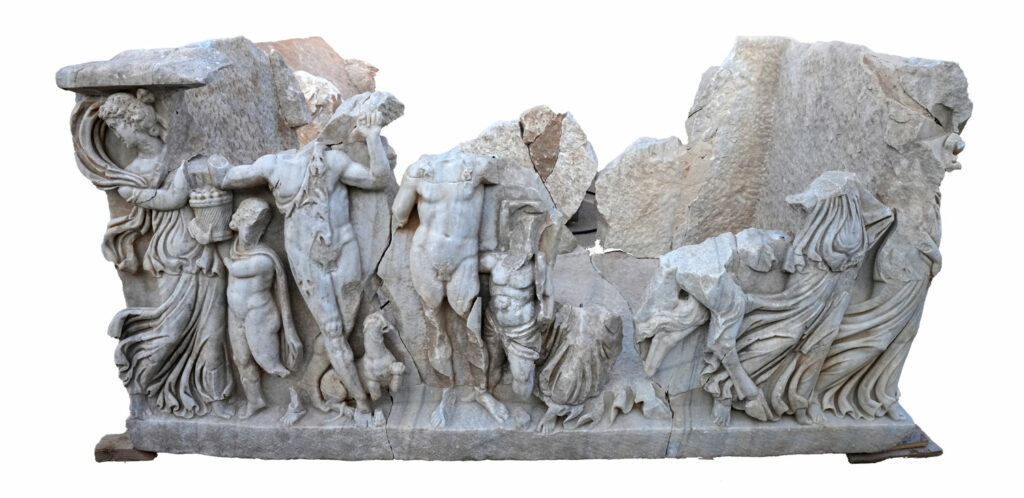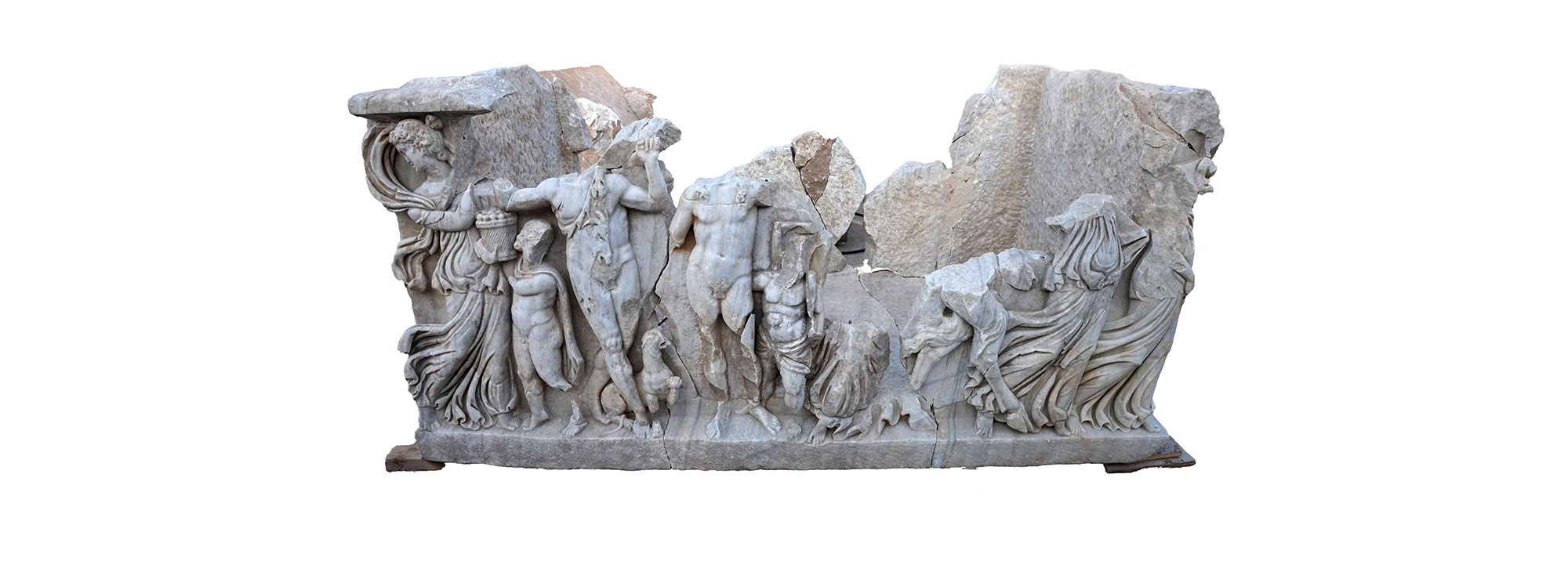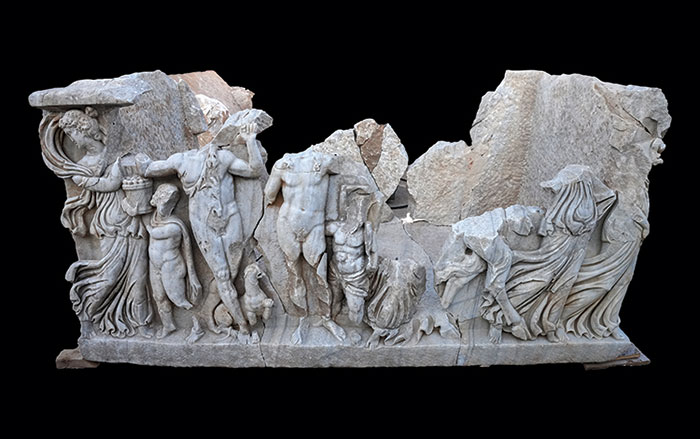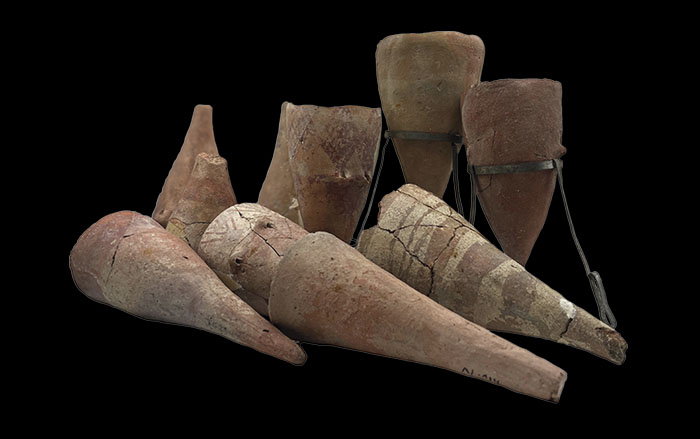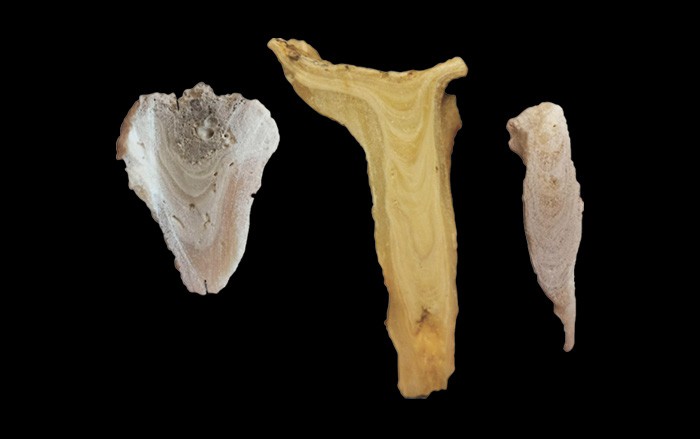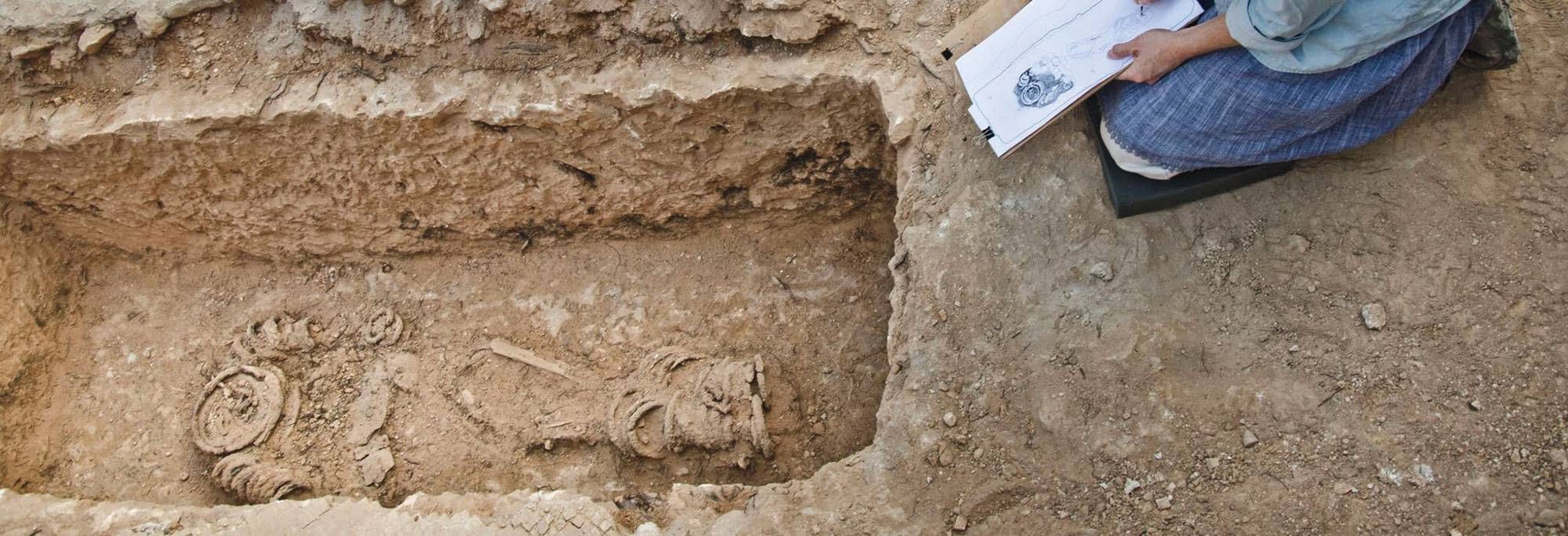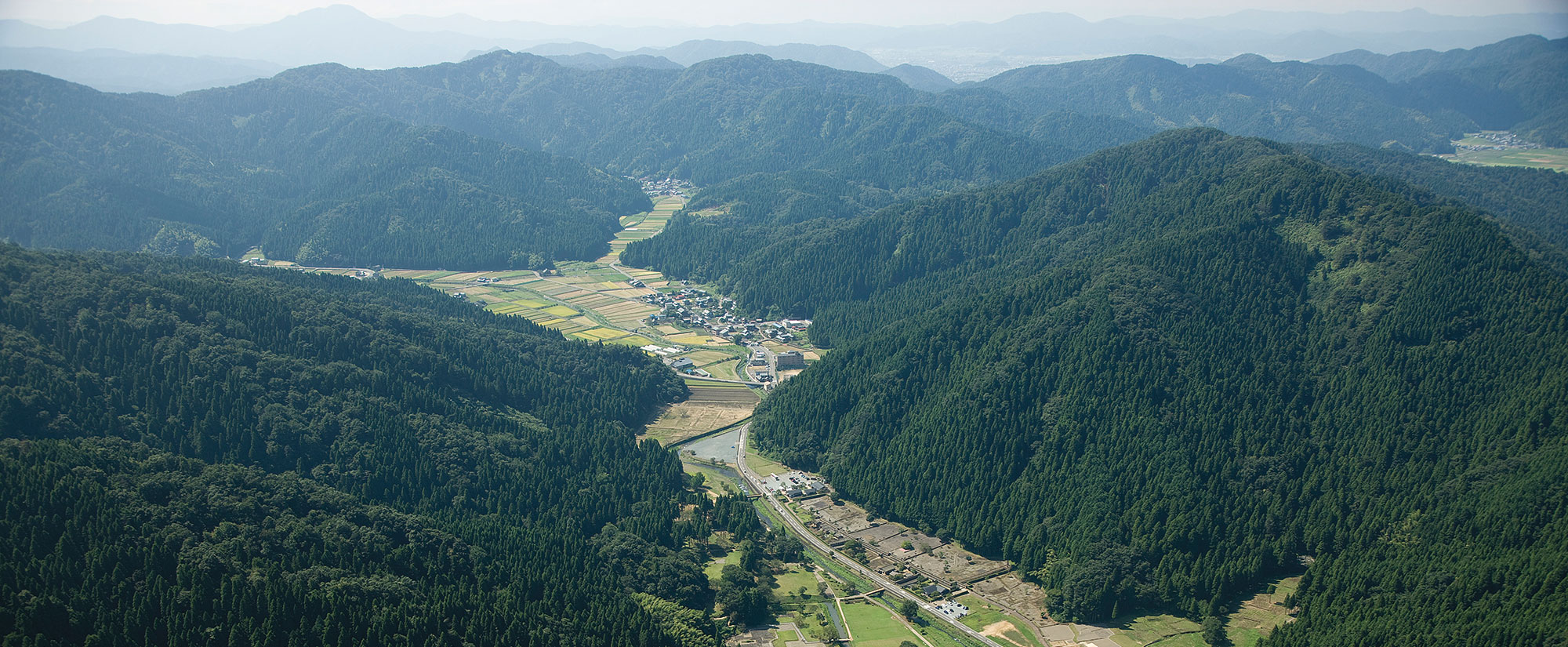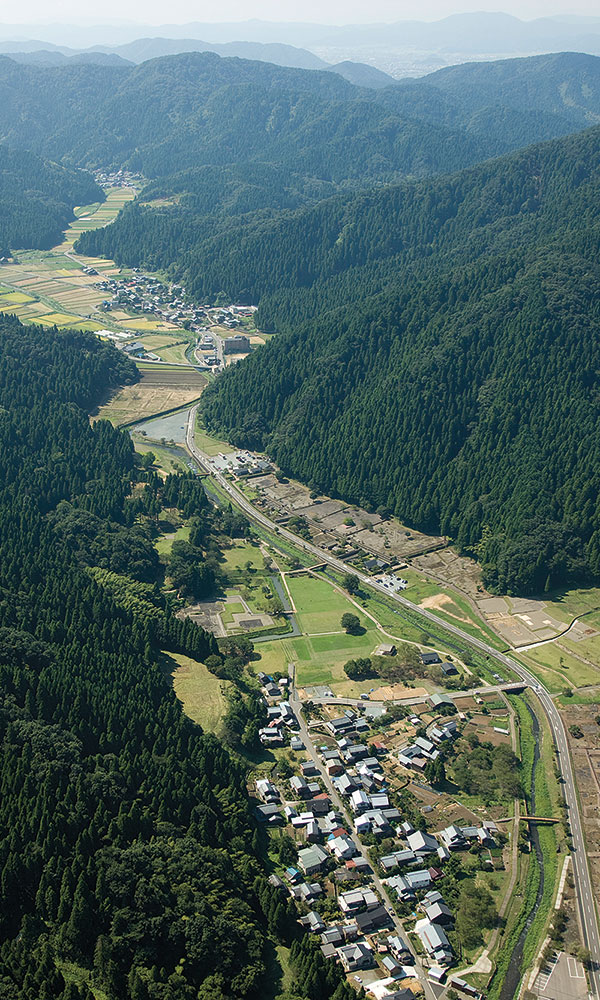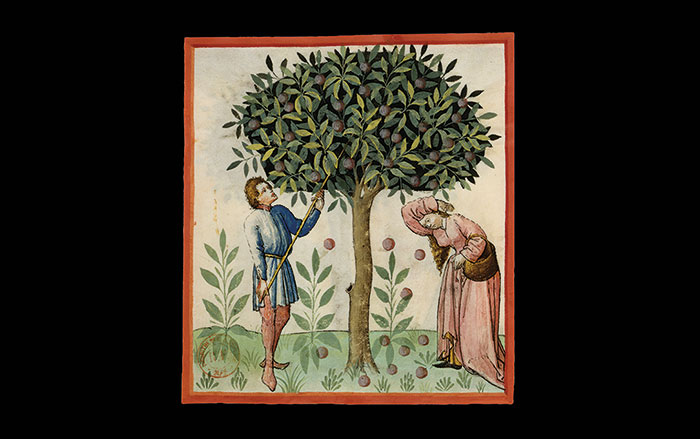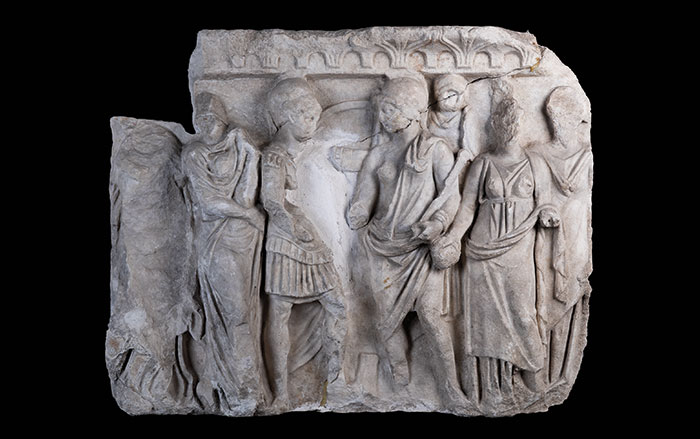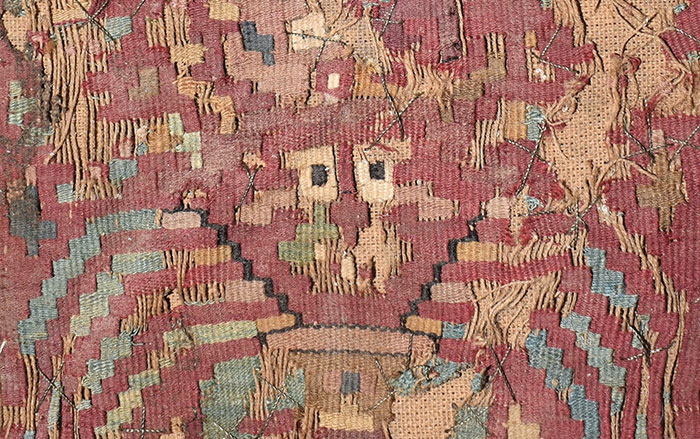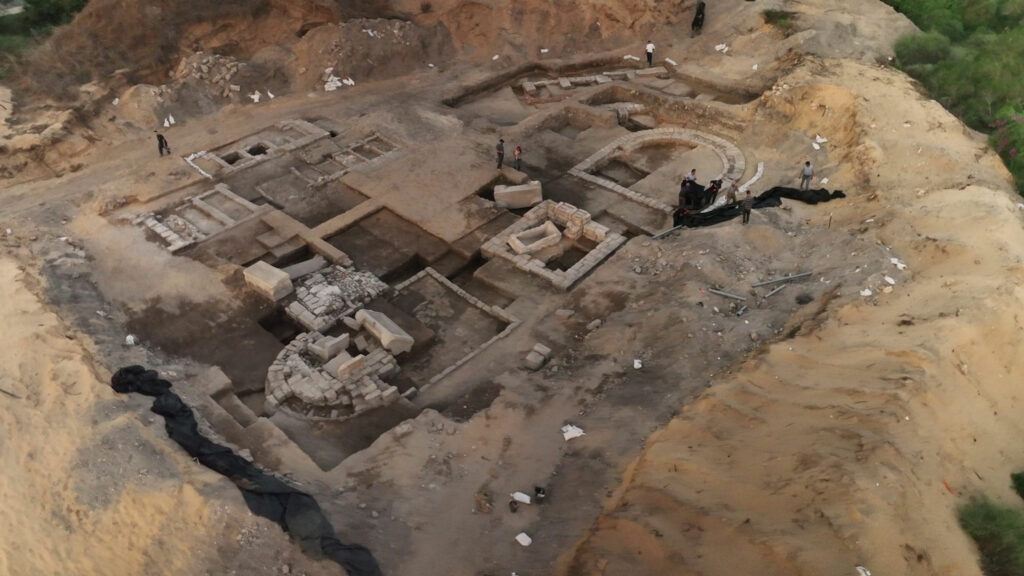
CAESAREA, ISRAEL—Israeli archaeologists working at a site outside of Caesarea uncovered an exquisitely carved marble sarcophagus that had been buried for nearly 1,700 years, according to a statement released by the Israel Antiquities Authority (IAA). The Roman era coffin—the first of its kind ever discovered in the region—depicts a famous scene from mythology: a drinking contest between the god of wine, Dionysus (or Bacchus), and the legendary hero Hercules. A victorious Dionysus is surrounded by a lively retinue of attendants that includes lions, tigers, satyrs, Maenads, and the god Hermes. According to IAA archaeologist Nohar Shahar, the parade of festive characters can be interpreted as not only a celebration of the deceased’s life, but also as an escort for their journey to the afterlife. “In this case, it seems that the figures are not only celebrating, they are in fact accompanying the dead on his last journey, when drinking and dancing are transformed into a symbol of liberation and transition to life in the next world,” he said. “This sarcophagus offers an unusual perspective of the idea of death, not as an end, but as the beginning of a new path.” As for Hercules, he seems to be stumbling and hardly able to stand any longer—a man thoroughly defeated by his wine. To read about tons of ancient marble building materials discovered off the coast of Caesarea, go to "Sunken Cargo."
